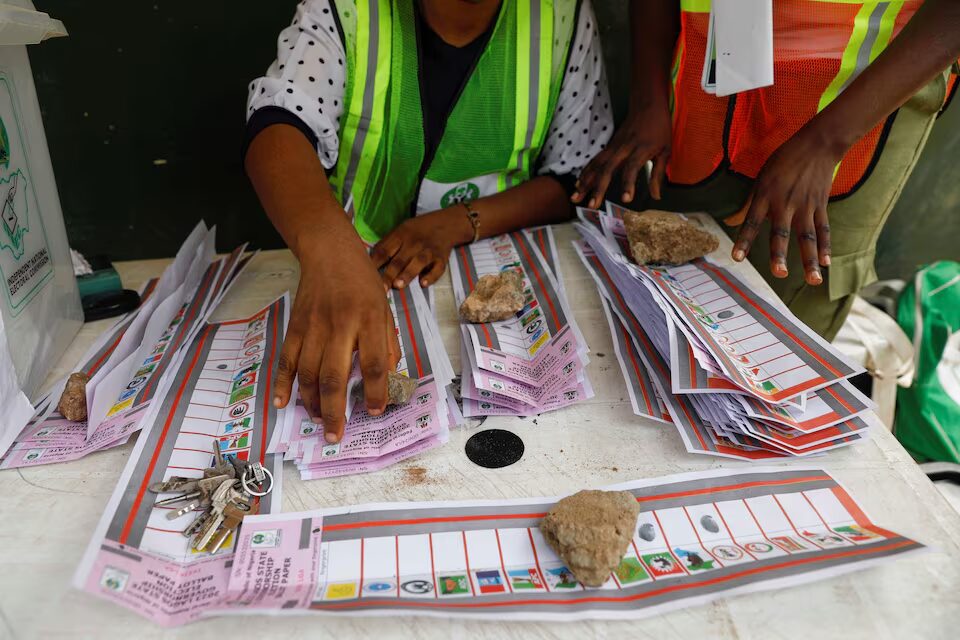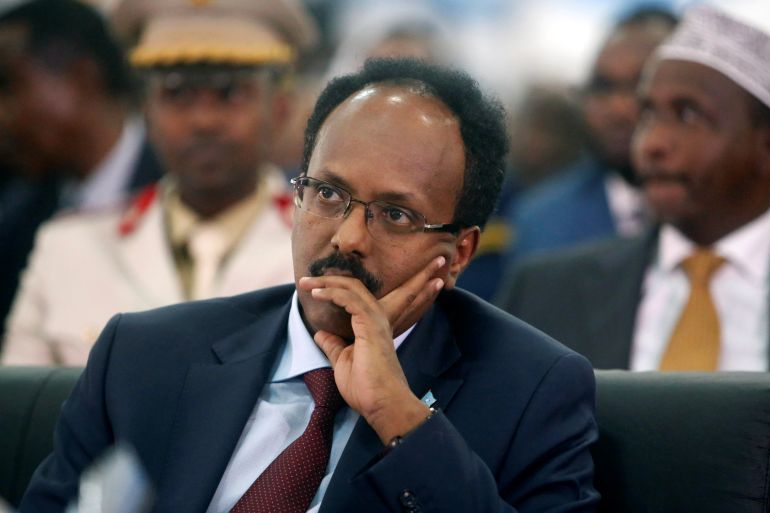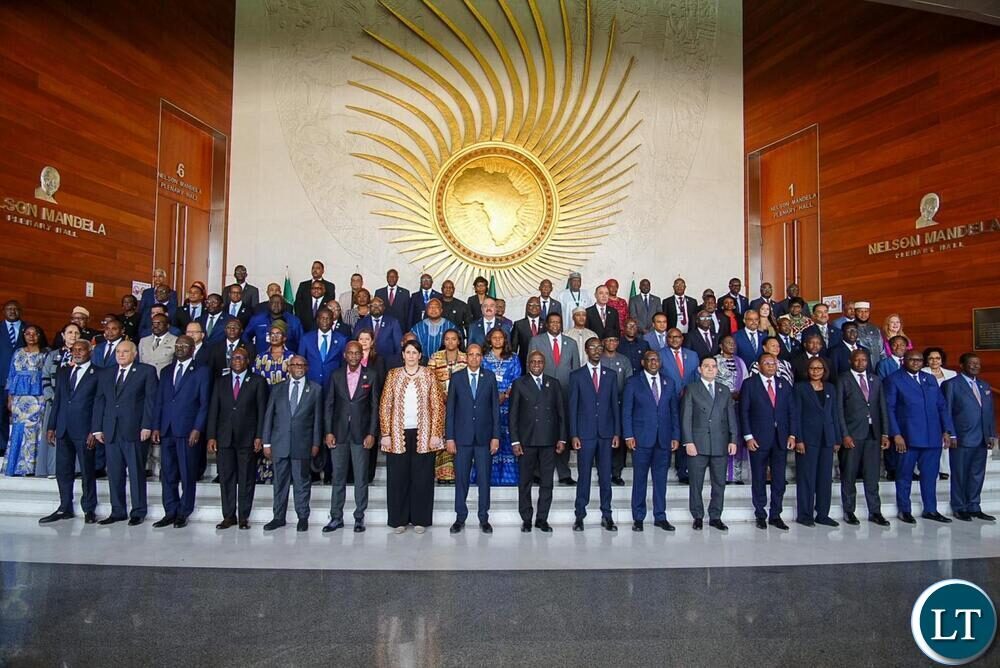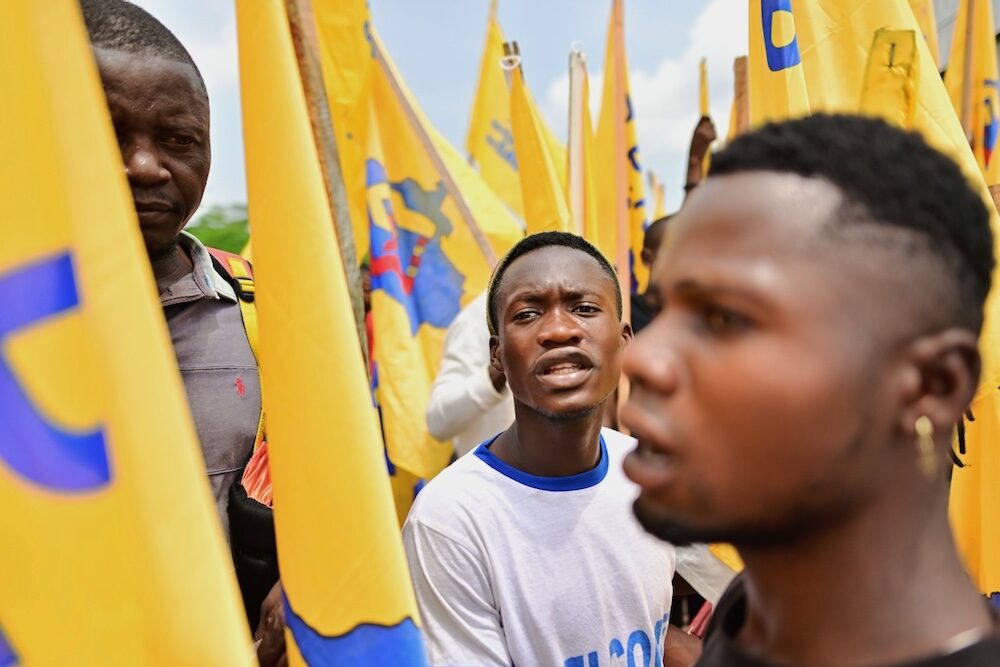
Friday, 29th August 2025

Por inAfrika Reporter
Just after dawn in Mogadishu, the seafront air tastes of salt and diesel and a season of arguments. This week, Somalia’s presidency and key opposition figures announced what they called a revised framework for elections—an agreement that aims to pull politics back from the brink, smooth the path to 2026 polls, and finish long-promised constitutional work. On paper, it reads like a truce; on the street, it feels like a breath held.
The African Union endorsed the pact within hours, joining IGAD in telling the region that Somalia is serious about sequencing reforms again. That choreography matters. It signals to security partners that stabilization plans can be written against a real calendar, and to investors that rule-making won’t be improvised every few months. It also signals to neighbours in the East African Community—which Somalia formally joined in March 2024—that a new member is trying to align domestic rules with regional obligations, from customs to competition policy.
But it is not a neat story. The new pact draws legitimacy from consensus, yet Somalia’s opposition is not monolithic. Some leaders back the deal’s reset from contested 2024 electoral law provisions; others warn it papers over deeper constitutional disagreements and risks kicking disputes into a more fevered campaign season. That split is why the AU’s blessing came paired with calls for clear implementation timelines and credible, independent oversight of voter registration. The devil is in institutions—electoral bodies that can resist pressure, courts that can rule without fear, and a security architecture that protects rallies and ballot boxes rather than becomes part of the contest.
Walk a few blocks off the main drag and the stakes sharpen. Business owners who moved back from Nairobi or Kampala during the last growth spurt talk about supply chains that stop at roadblocks and contracts that depend on which official signs them. They want predictability: customs that don’t change with the minister, taxes that are published, and a court path when deals go bad. For them, the language in this week’s communiqué about finishing the constitution isn’t abstract—clarity on federal-state powers determines who licences, who taxes and who secures the corridor where their trucks move.
Regionally, neighbours are watching as much for tone as for text. The EAC has welcomed Somalia; the WTO accession track is also moving. Both processes reward boring competence: publish schedules, automate borders, align standards. If this deal lets technocrats do that work without political aftershocks every quarter, the benefits will show up fast—in port dwell times, in insurance premia, in the discounts financiers apply to Somali risk. If it doesn’t, the region will feel it in cross-border enforcement headaches and arbitration dockets.
For now, Mogadishu has chosen a handshake over a standoff, and the region has chosen to believe in it. The next weeks will tell whether that faith is rewarded: an electoral calendar that the public can see, a legal roadmap that lawyers can trust, and a policing plan that lets politics be loud without turning lethal. If those pieces land, the 2026 election could be the one where process, not patronage, writes the headlines.


